How are Indian Americans celebrating Diwali this year?
New India Abroad spoke to the Indian American diaspora to find out!
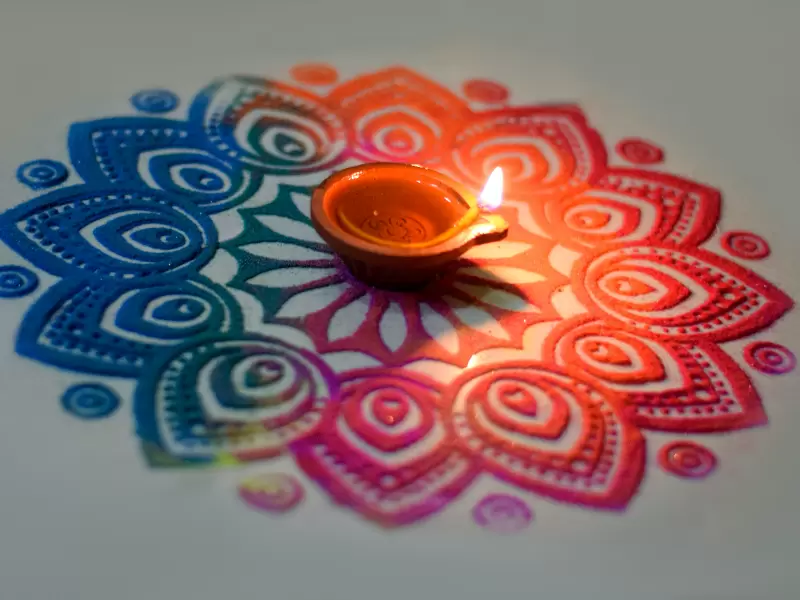 Representative Image / Unsplash
Representative Image / Unsplash
Indian Americans are celebrating Diwali this year by blending traditional customs with American social and cultural practices, making the festival a more visible and communal event. According to our discussion with the Indian American diaspora, key aspects of the celebration include:
Public and Community Events: Indian Americans are excited to celebrate Diwali in a big way this year. Diwali has expanded beyond private homes and temples to become a vibrant part of America's cultural calendar. Large-scale public celebrations are held in major cities like New York (e.g., Diwali at Times Square), San Francisco (e.g., Bhangra & Beats Night Market), Los Angeles (e.g., Diwali Dunz) and Dallas (e.g., Diwali Mela).
Additionally, several of these large-scale events are supporting local community causes. “The countdown is on! Diwali Dunz is only a couple of days away, and we couldn’t be more excited to celebrate the Festival of Lights with the Los Angeles community! This year, we’re proud to share that proceeds from Diwali Dunz will support Sevasphere, a 501(c)(3) nonprofit dedicated to nourishing and empowering the unhoused community on Skid Row. Together, we’re celebrating culture with purpose,” mentioned AmbiKa Sanjana, co-founder of Diwali Dunz.
Moreover, university and school clubs are hosting smaller, more engaging events that allow students to celebrate and share their culture with classmates.
Civic Recognition: The festival is gaining recognition, with some jurisdictions in the United States having designated Diwali as an official holiday or recognizing it as a civic and cultural event.
“A few decades ago, even a few years ago, we would only celebrate Diwali behind closed doors. Now things have changed, Diwali has become mainstream in the United States, and there are so many Diwali events happening in all major cities. Everyone loves the food and the celebrations. Even my non-Indian friends are planning on attending Diwali celebrations this year,” added Priya Sharma, a NYC-based investment banker.
Traditional Home Celebrations: Indian American families continue to maintain core traditions: The five-day festival includes specific rituals for Dhanteras, Choti Diwali, Diwali (the main day for Lakshmi Puja), Govardhan Puja, and Bhai Dooj.
Furthermore, homes are cleaned and decorated with flowers, rangoli, and diyas to welcome prosperity and remove negativity. Families gather to perform Lakshmi Puja, seeking blessings from Goddess Lakshmi (wealth) and Lord Ganesha (wisdom).
Moreover, the Indian American community meets to share festive sweets, exchange gifts, and enjoy happy times together, embodying the themes of light, positivity, and togetherness.
Cultural Affirmation and Fusion: The diaspora actively weaves its heritage into the fabric of their new homelands.
Diwali parties often blend Indian traditions with American social customs, with hosts encouraging non-Indian friends to wear Indian clothing. “Celebrating these festivals in the United States helped me create a bridge between my Indian and American identities, reminding me of my rich Indian culture. I love being able to celebrate this with my friends and family, and the community, with the energy everyone brings,” remarked Nikhil Shukla, a Los Angeles-based marketing executive.
Overall, Diwali in the Indian American community continues to be a major season of cultural affirmation, celebrated with devotion, family gatherings, large community festivals, and a growing presence on the mainstream American stage.
ADVERTISEMENT
ADVERTISEMENT
E Paper
Video




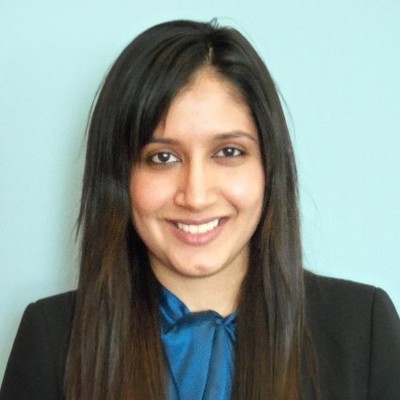 Pallavi Mehra
Pallavi Mehra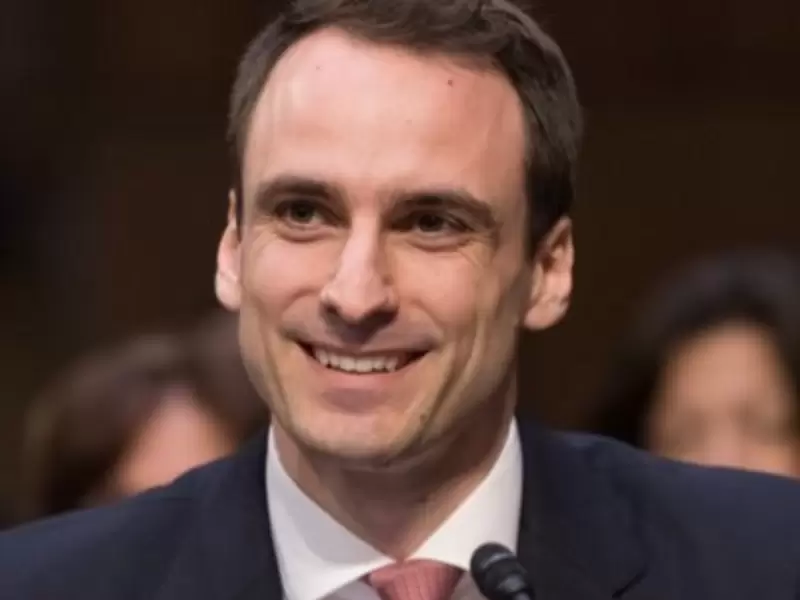
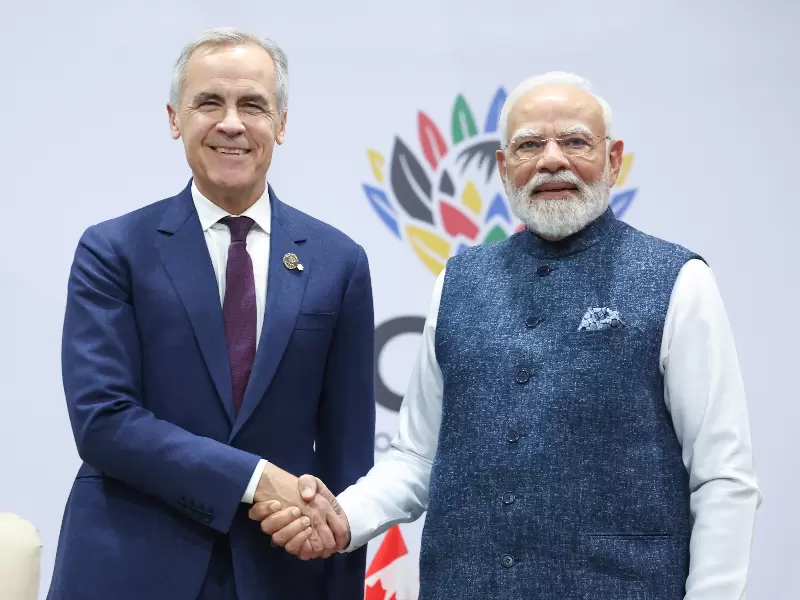
.png)
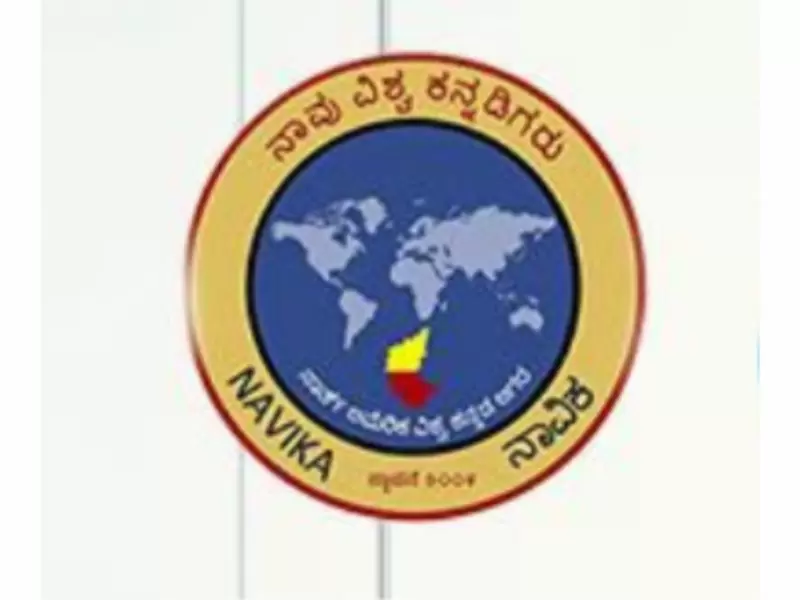
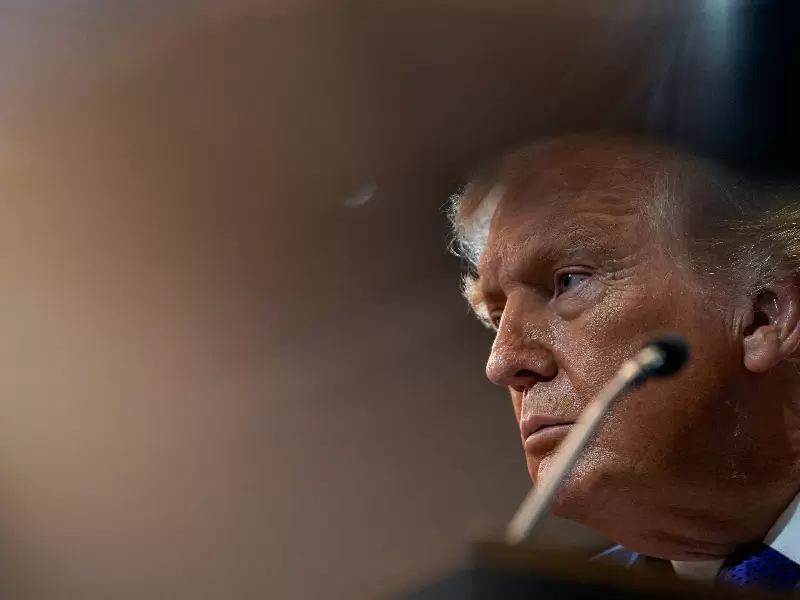
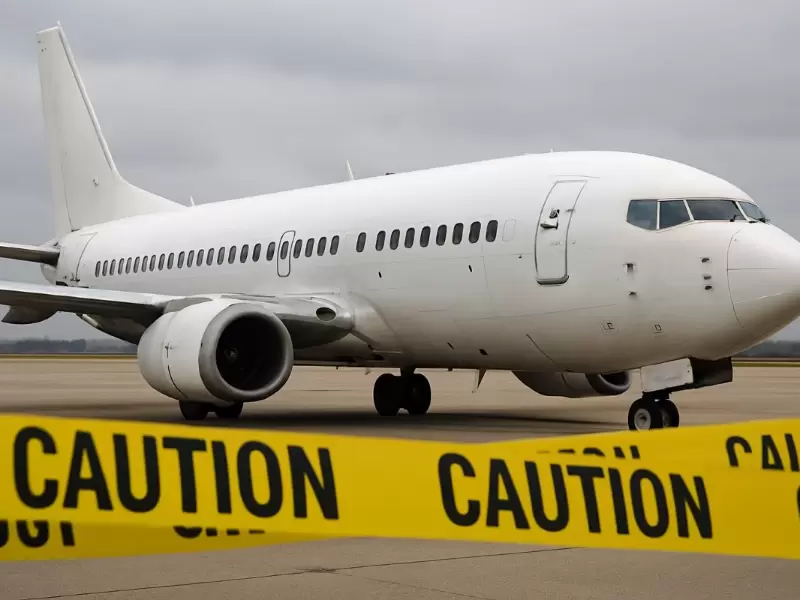
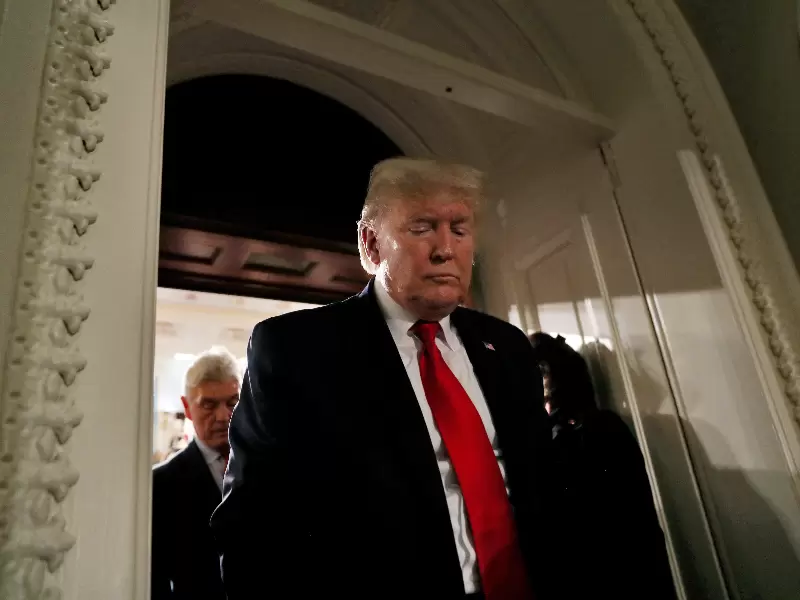
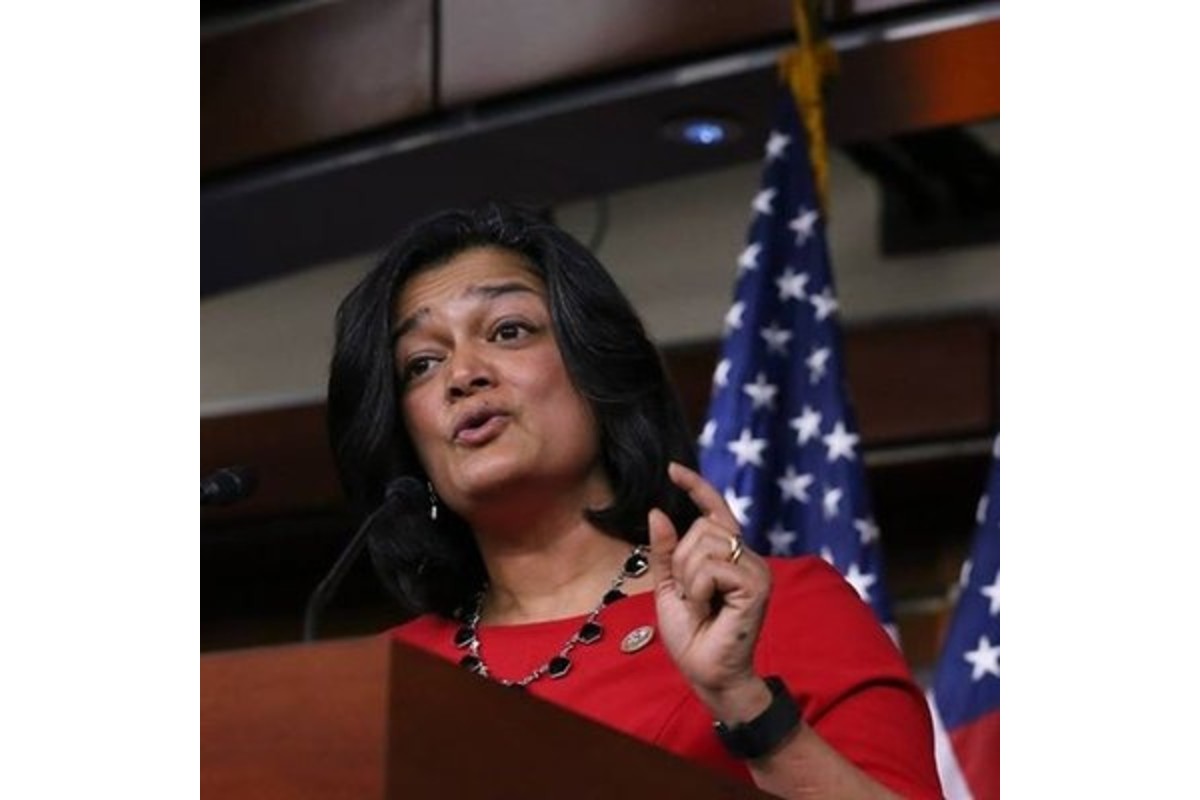
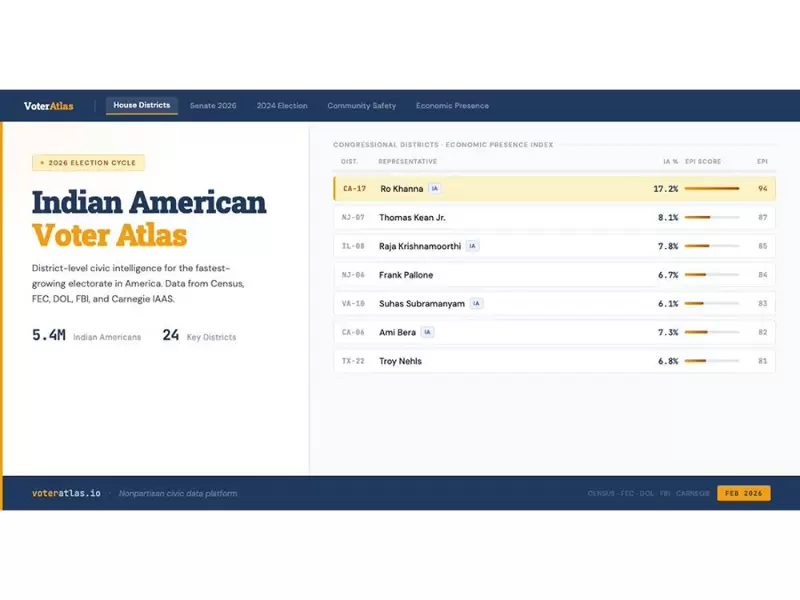
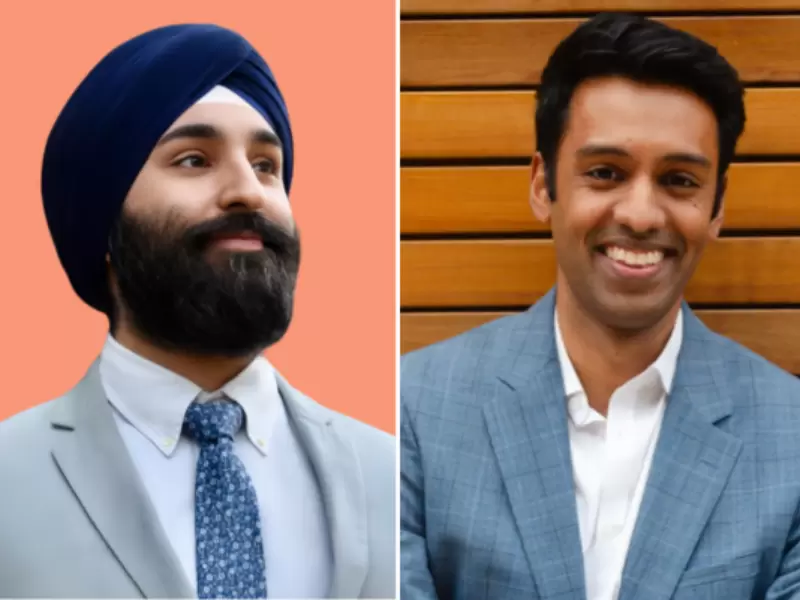
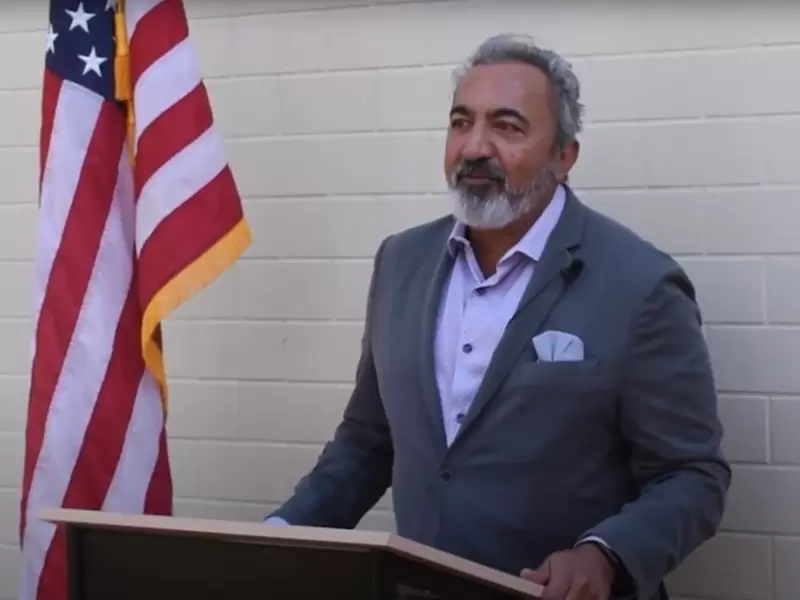
_(cropped)-1.jpg)


Comments
Start the conversation
Become a member of New India Abroad to start commenting.
Sign Up Now
Already have an account? Login